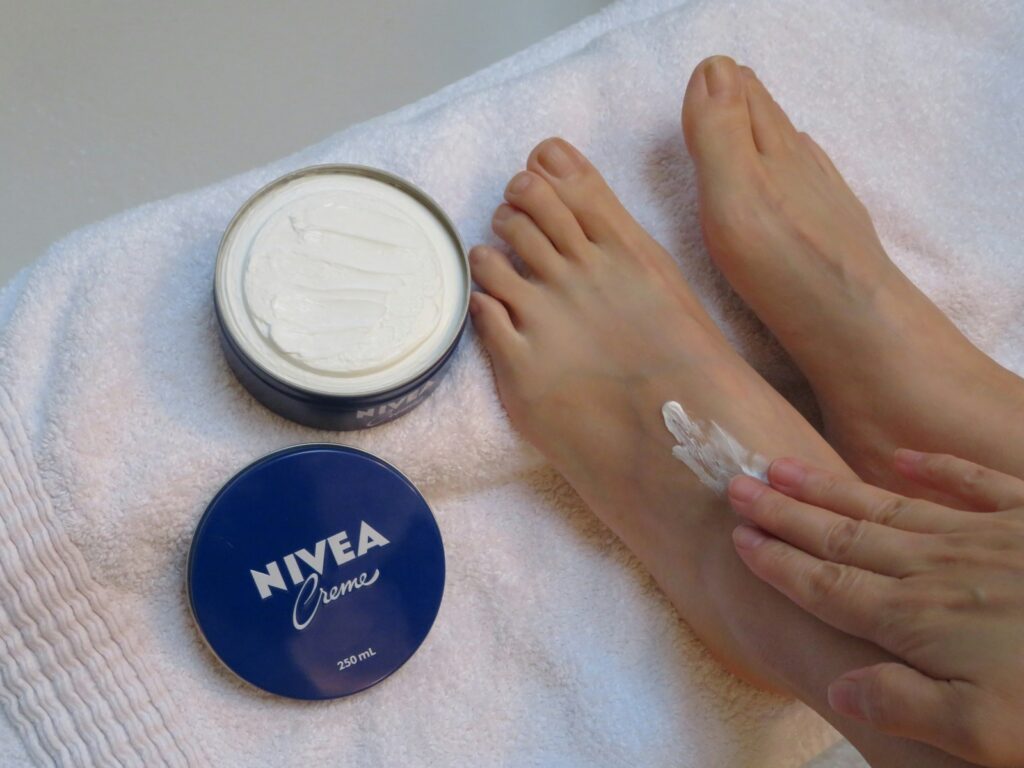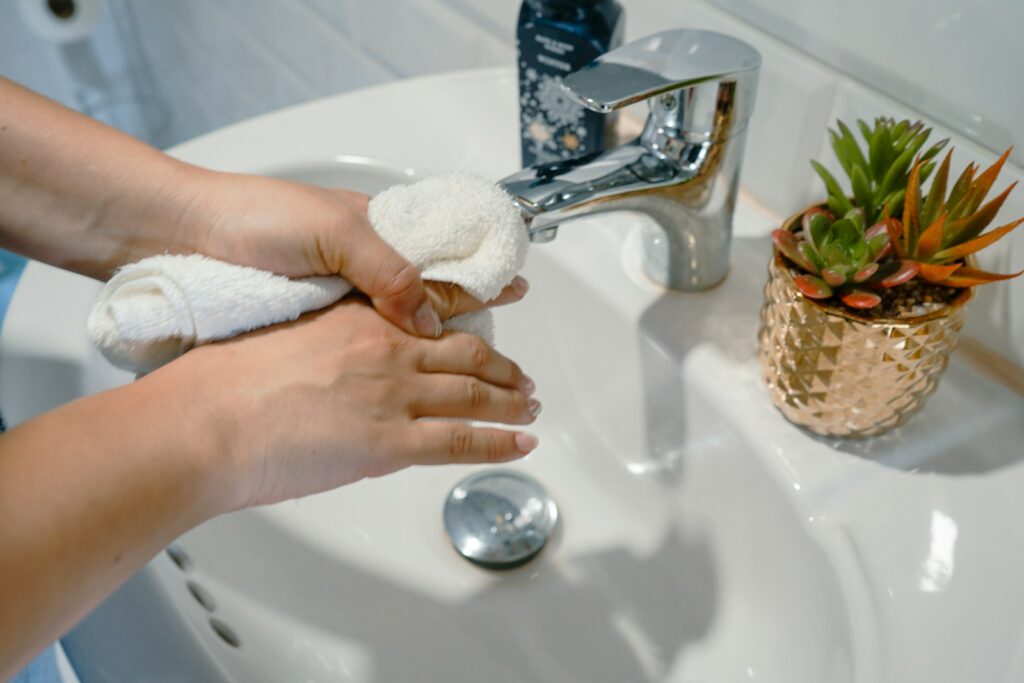
Personal hygiene routines often seem straightforward: showering, brushing teeth, and washing the face before bed. Yet, many crucial tips remain overlooked or underappreciated until later in life. There exists a wealth of practical knowledge shared quietly among friends and family, which can profoundly influence how we maintain our health, appearance, and confidence.
Hygiene encompasses much more than simply smelling pleasant; it is essential for preventing health issues, caring for the body, and enhancing self-assurance. Minor habits may appear insignificant but can yield substantial long-term benefits. It was particularly enlightening to hear the hygiene secrets older women wish they had known earlier. Their collective wisdom reveals insights ranging from the apparently obvious to the surprisingly insightful, offering guidance drawn from years of experience.
From this shared knowledge, a list of valuable hygiene tips has been compiled. These practical, often straightforward adjustments can help avoid common problems and promote overall well-being.
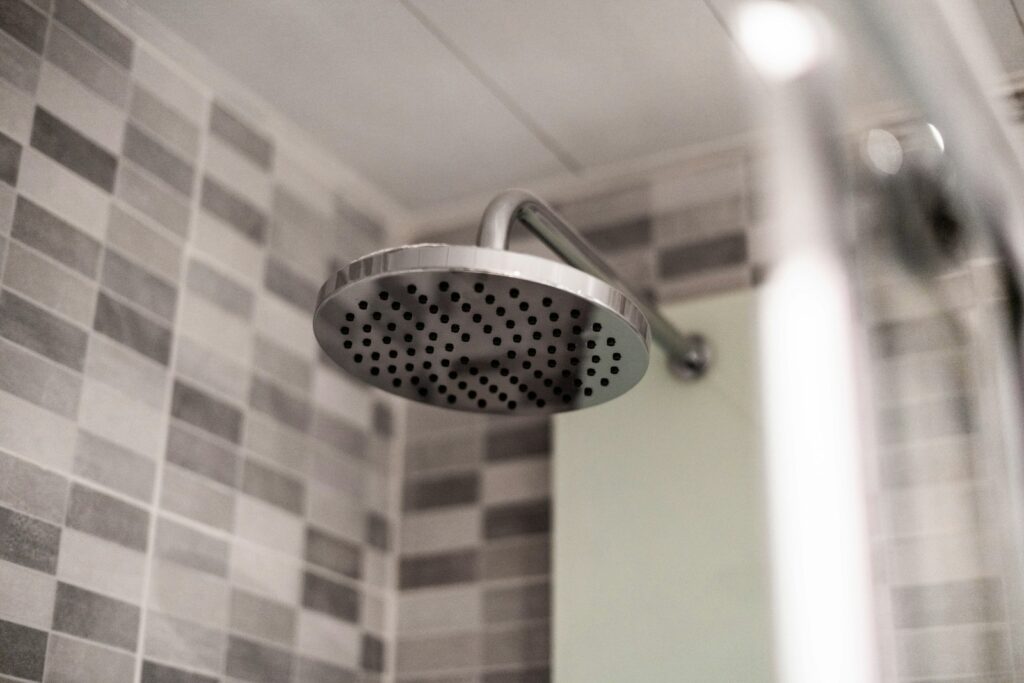
The Secret to Fully Rinsing Thick Hair: Handheld Shower Heads
Many people experience difficulty fully rinsing product buildup from their hair and scalp, especially those with thick hair. Insufficient rinsing can lead to scalp buildup, which may subsequently affect the skin on the face.
A simple yet transformative solution lies in the use of a handheld shower head, particularly one equipped with a jet setting. This tool enables precise control of water pressure and direction, ensuring a thorough cleansing of both scalp and hair. Such targeted rinsing effectively removes buildup and can alleviate related skin issues that might otherwise go unnoticed.
This practical tip addresses a common and frustrating problem, enhancing the feeling of a genuinely clean scalp while potentially improving skin health. Although it may seem straightforward, incorporating a handheld shower head into your routine can significantly elevate your shower experience and its benefits.

The Soothing Effect of a Cold Water Face Rinse
While hot, steamy showers are often comforting, extreme temperatures can be detrimental to the skin, particularly the delicate facial skin. Hot water may aggravate inflammation and cause irritation, posing a daily challenge for individuals with sensitive skin or conditions such as rosacea.
Incorporating a cold water rinse at the end of your shower can help reduce inflammation. Allow cold water to flow over your face for as long as it remains comfortable. This abrupt temperature change constricts blood vessels and calms the skin.
Though the sensation may initially feel intense, the cooling effect provides significant relief for irritated skin. This simple technique has proven especially beneficial for managing rosacea, demonstrating that some of the most effective skincare remedies are both straightforward and accessible.
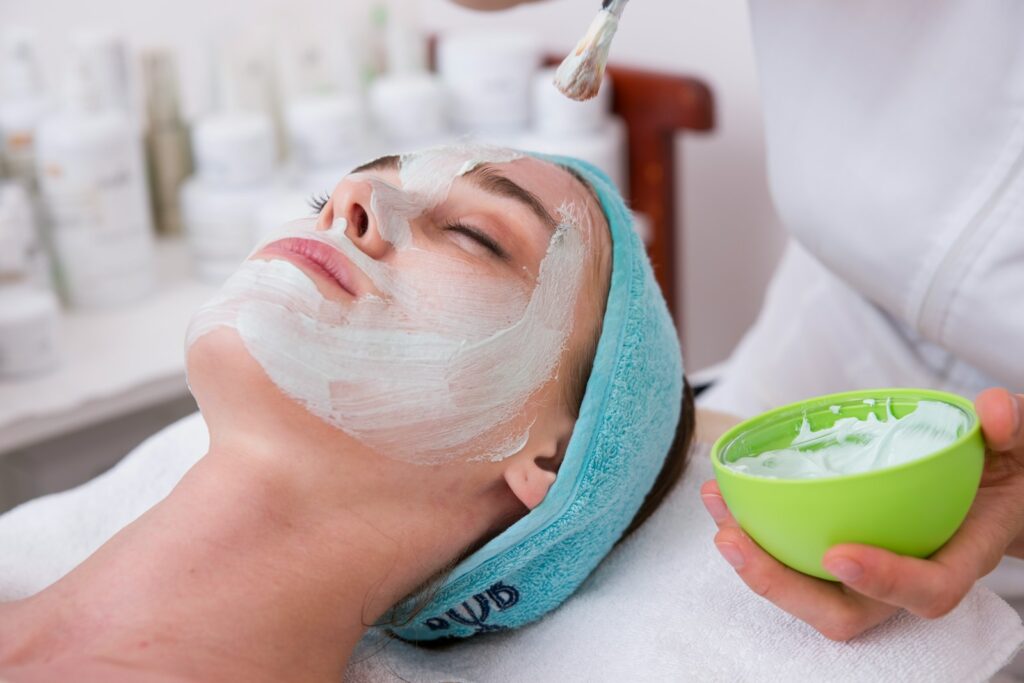
The Importance of Consistent Moisturizing, Even When Skin Feels Fine
Moisturizer is often applied when the skin feels dry, tight, or flaky. However, even if your skin appears healthy and comfortable, moisturizing remains essential according to experienced advice.
Always moisturize regardless of how your skin feels. The reassurance offered is that your future self will benefit from this habit. Consistent moisturizing supports the skin’s barrier function, maintains suppleness, and contributes to long-term skin health and appearance.
This practice is a proactive investment, preventing future issues and preserving elasticity and radiance over time. It emphasizes the value of ongoing care rather than merely responding to dryness.
Prioritizing Foot Care: A Vital Aspect of Overall Hygiene
Our feet support us throughout life, yet they often receive the least attention in personal hygiene routines. Confined in shoes for extended periods and exposed to various surfaces, they require dedicated care that is frequently overlooked. Neglecting foot care can result in discomfort, unpleasant odor, and even painful infections.
Developing a habit of thoroughly cleaning, drying, and inspecting your feet is both simple and essential. This practice not only helps prevent common conditions such as athlete’s foot and nail infections but also supports overall mobility and well-being. Caring for your feet is a fundamental element of self-care that yields lasting benefits.
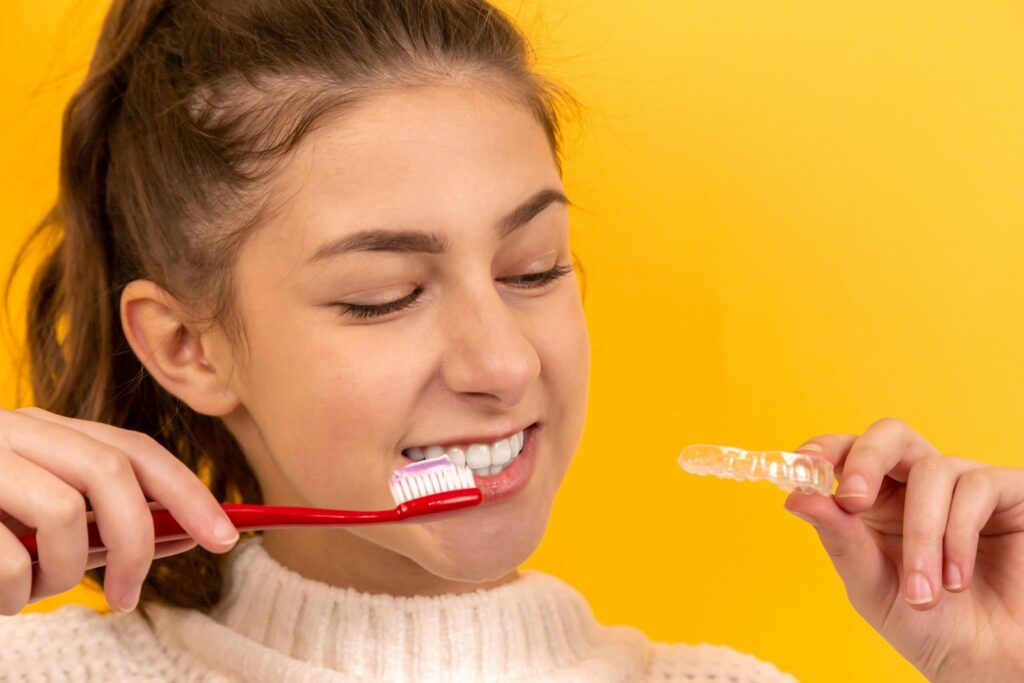
Elevating Dental Care: Beyond Basic Brushing
Brushing teeth is widely recognized as essential, yet truly caring for your oral health requires more than just the basics. Oral hygiene is deeply connected to overall health and significantly influences daily comfort and well-being. Neglecting proper care or skipping regular dental visits may seem insignificant but can lead to serious consequences.
Daily brushing combined with flossing and consistent dental check-ups is vital for preventing cavities, gum disease, and persistent bad breath that cannot be resolved by temporary fixes. The wisdom shared by older women emphasizes that good oral care is not merely about maintaining a pleasant smile; it is a critical foundation for preventing broader health complications. Investing in dental hygiene ensures lasting comfort and confidence.

Upgrading Your Sweat Defense: The Case for Heavy-Duty Antiperspirant
Some individuals naturally perspire more than others, and there is no shame in acknowledging that standard deodorants may not always provide sufficient protection. It can be frustrating to feel like you are constantly battling body odor despite following all the recommended routines. When conventional products prove ineffective, it may be necessary to elevate your approach.
As one woman shared, for those who experience excessive sweating, investing in a heavy-duty antiperspirant—even if it costs three times more than a regular option—is well worth it. This choice is not about luxury but about finding a practical and effective solution tailored to your body’s needs. Successfully managing sweat and odor plays a crucial role in maintaining a sense of cleanliness and confidence throughout the day.
Choosing a clinical-strength or heavy-duty product can make a world of difference in controlling moisture and preventing the bacteria that cause odor from thriving. While the price tag might seem steep initially, the relief and effectiveness can make it feel like a bargain. It’s permission to find a product that genuinely suits your body, rather than settling for something that leaves you feeling less than fresh.
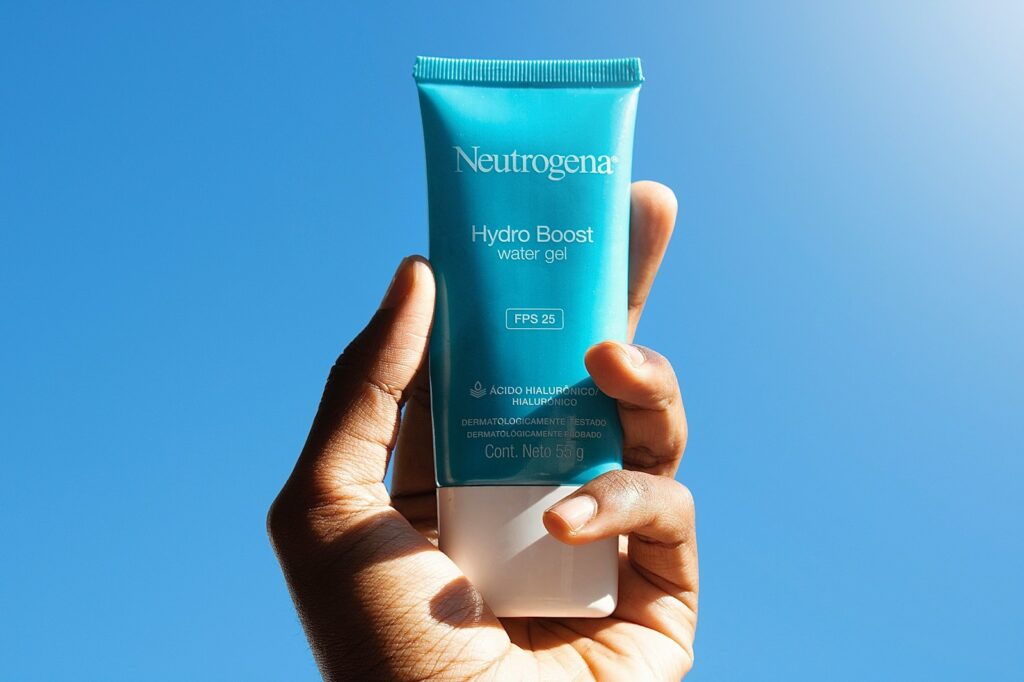
Daily SPF: A Non-Negotiable Shield for Your Face and Neck
Sunscreen is often associated with summer vacations or beach outings, but seasoned advice suggests that sun protection should be a daily priority. Ultraviolet rays are constant, and cumulative exposure—from a short walk to the car or sunlight through a window—can gradually compromise the skin.
The face and neck are particularly vulnerable, as the skin in these areas is thinner and more prone to sun-induced aging. The clear guidance is: “Always use SPF on your face and neck.” This routine is not only about preserving a youthful appearance. As one woman noted, “Sun damage ages you quicker,” but beyond wrinkles and sun spots, unprotected exposure may lead to more serious concerns over time.
Incorporating SPF into your morning regimen, regardless of the weather, is a powerful act of prevention. It fortifies the skin’s barrier, reduces premature aging, and promotes long-term skin health. This simple habit is a foundational element of proactive self-care and one of the most effective tools for preserving skin vitality over the years.

Becoming Your Own Health Advocate
It serves as a reminder that maintaining well-being also requires active participation in one’s medical care. You know your body better than anyone else, and when symptoms persist or something feels off, it is essential to advocate for yourself.
“Don’t believe your doctors until they believe you.” If your concerns are being overlooked or your symptoms remain unresolved, you are fully entitled to ask questions, request further evaluation, and seek second opinions. Vigilance is not confrontation; it is a form of self-respect.
When a medical professional does not take your concerns seriously or fails to collaborate in finding a solution, do not hesitate to “change doctors.” Your health should never be compromised by dismissal or inattention. Working with a provider who listens, respects your input, and prioritizes your well-being can make all the difference in receiving timely and accurate care.

